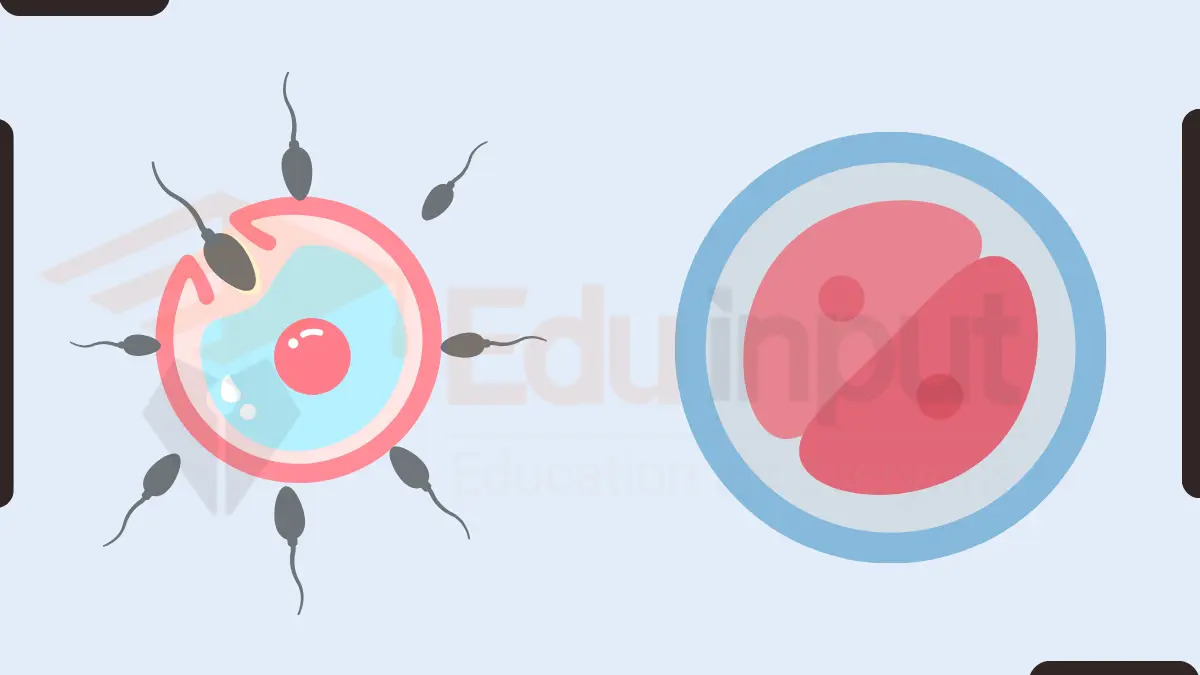Advantages and Disadvantages Of Sexual and Asexual Reproduction
Sexual reproduction involves the fusion of gametes (male and female reproductive cells) to form a new individual. In humans, sexual reproduction occurs during fertilization, where sperm from a man meets an egg from a woman.
Asexual reproduction is a form of reproduction where offspring are produced without mating. The term virgin birth refers to the production of offspring from a single parent.
Advantages Of Asexual Reproduction
Asexual reproduction occurs in protists and some invertebrates. There are the following advantages of asexual reproduction:
1. it has a combination of genes for an unchanging environment. It has an advantage over a greater number of gene combinations. Many of these genes do not match the environment. Thus stable environments favor asexual reproduction.
2. Asexual reproduction is seasonal in other habitats. Asexual reproduction occurs in a suitable season. It has advantages under such conditions. The animal produces a large number of progeny asexually. The offspring have identical characteristics. Thus a large number of animals can be produced from only one parent in a well-adapted environment.
Disadvantages Of Asexual Reproduction
1. The organisms reproduced asexually lack genetic variability. This variability is produced by meiosis and sexual processes. Asexually produced organisms are genetically identical animals. A single disease or environmental stress like a long drought can destroy the population.
2. Asexually reproducing animals can undergo rare spontaneous mutations. Some mutations may be beneficial. But most mutations are detrimental or lethal. It is another greatest disadvantage of asexual reproduction. All such mutations are passed on to every offspring. The one allele on the homologous chromosome is mutated. It is now nonfunctional or potentially lethal. Therefore, the asexual animal has only one allele left.
Advantages Of Sexual Reproduction
1. New combinations of traits arise more rapidly in sexually reproducing animals. It causes genetic recombination. It produces genetic diversity. This genetic diversity increases the chances of survival of a species during environmental changes.
2. Sexual reproduction produces variations. Variations are the foundation of evolution.
3. Sexually reproducing animals eliminate deleterious and lethal mutations.
Disadvantages Of Sexual Reproduction
1. Sexually reproducing animals cannot transfer an exact copy of their genes to their progeny.
2. Reassortment of maternal and paternal chromosomes takes place during sexual reproduction. It again separates the parental genes in the offspring. Thus combinations of many good characters are lost.
3. Parents release many gametes. All these gametes are not fertilized. Thus it wastes a lot of energy spent on their formation.





Leave a Reply